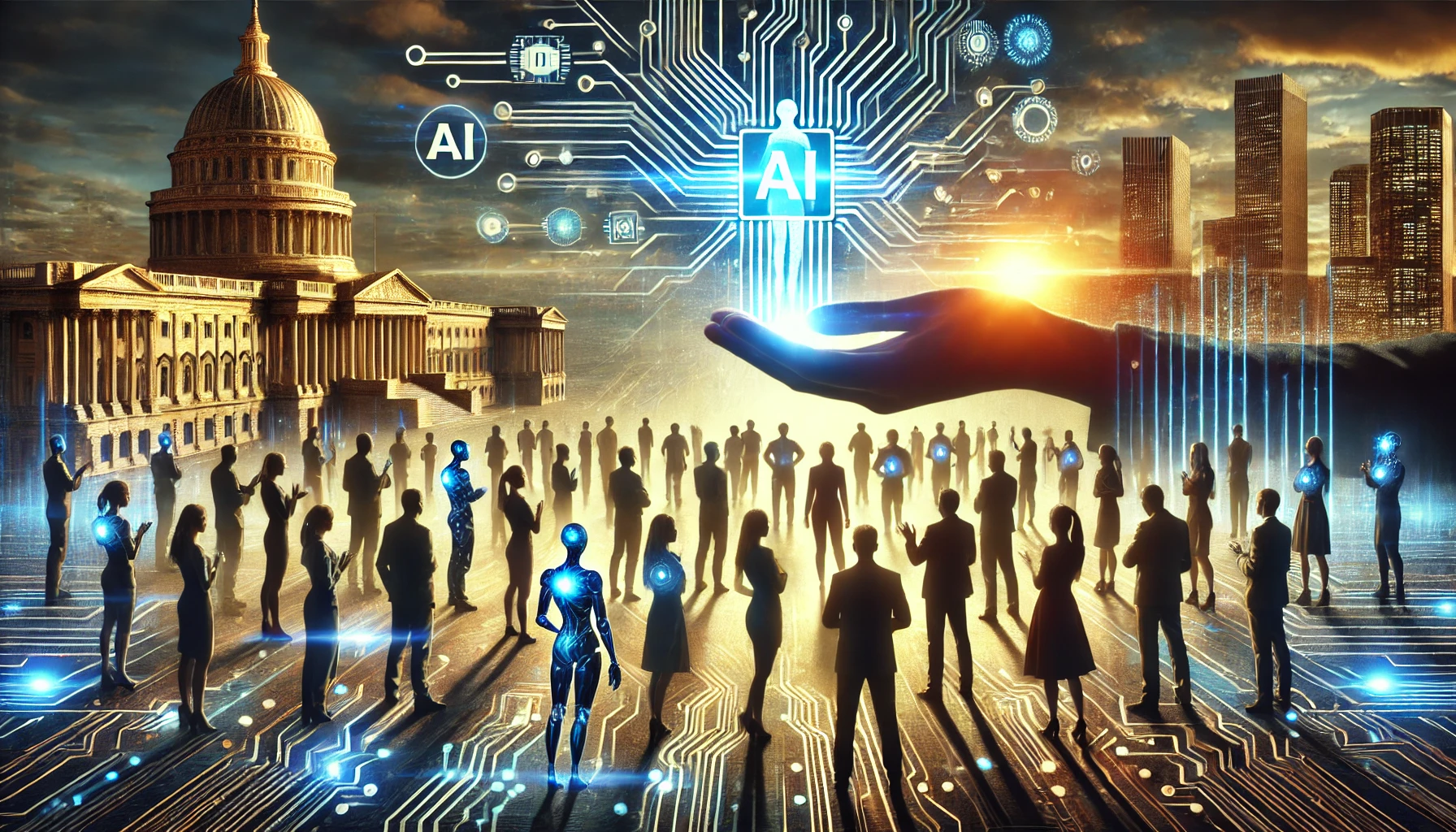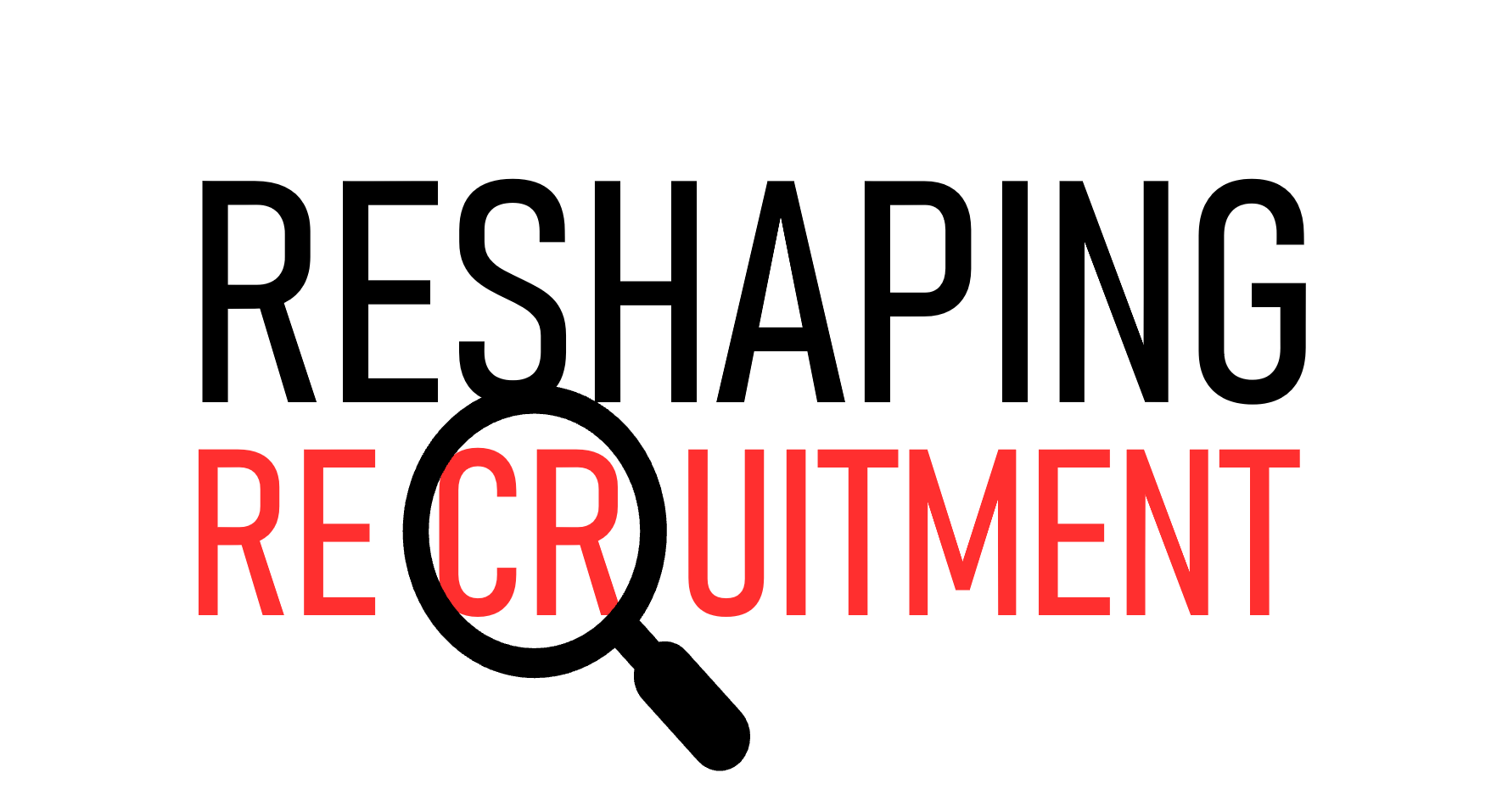
AI's Future Depends on You, Not Washington
AI's Future Depends on You, Not Washington
I've been in the AI game for a while now, and let me tell you, something's not quite right. While Washington and Silicon Valley are busy debating regulations and fretting over unintended consequences, they're missing the real game-changer: you, the user.
Now, don't get me wrong. Regulation has its place. But here's the kicker: all the rules in the world won't matter if AI tools don't actually solve real problems for real people. And that's where we're falling short.
The User Experience Gap
Think about it. When was the last time you heard a policymaker talk about user experience in AI? Probably never. But I bet you've had plenty of frustrating encounters with AI-powered systems that left you scratching your head.
A recent Pew Research study found that 68% of Americans worry about AI making decisions that affect their lives. That's huge. We're talking about things like Ai canidate screening for job applicants and health insurance approvals – stuff that really matters.
But here's the thing: this fear isn't just about AI being "too powerful" or "out of control." It's about AI being downright unhelpful and confusing.
Bridging the Divide
So, what's the solution? Well, it's not rocket science (or should I say, it's not AI recruitment automation). It's about putting users first.
Rohini Kosoglu, a venture partner at Fusion Fund and Policy Fellow at Stanford, has some great ideas about this. She suggests principles like Real Transparency for Consumers and Consumer Centered Innovation Standards. I couldn't agree more.
In my work as an AI recruitment Strategist, I've seen firsthand how user-centered AI can transform industries. When we focus on creating tools that genuinely help people – recruiters and job seekers alike – everyone wins.
The AI Opportunity
Here's something that might surprise you: the World Economic Forum predicts that by 2030, AI could lead to a net increase of 78 million jobs. That's right, increase.
But here's the catch: those jobs will only materialize if we create AI systems that empower users rather than confuse or replace them. It's about AI-Driven recruitment, not blind automation.
A Call to Action
So, what can we do? For starters, we need to change the conversation. Instead of asking, "How do we control AI?" we should be asking, "How do we make AI more useful and understandable for everyone?"
If you're a policymaker, start thinking about user experience as much as the tech industry does. If you're a developer, put yourself in your users' shoes. And if you're a user (which, let's face it, we all are), speak up about your AI experiences – good and bad.
The future of AI isn't just about fancy algorithms or strict regulations. It's about creating tools that genuinely improve our lives and work. And that future depends on all of us.
Remember, AI is a tool – a powerful one, but a tool nonetheless. The real magic happens when we use it to enhance human capabilities, not replace them. That's what I call a true AI -powered hiring revolution - the Hybrid AI Workforce.
So, the next time you hear about the latest AI breakthrough or regulatory debate, ask yourself: "How does this affect the average user?" Because at the end of the day, that's what really matters.
The AI future we want isn't going to be built in Washington or Silicon Valley alone. It's going to be built by all of us, one user experience at a time. And I, for one, can't wait to see what we create.

